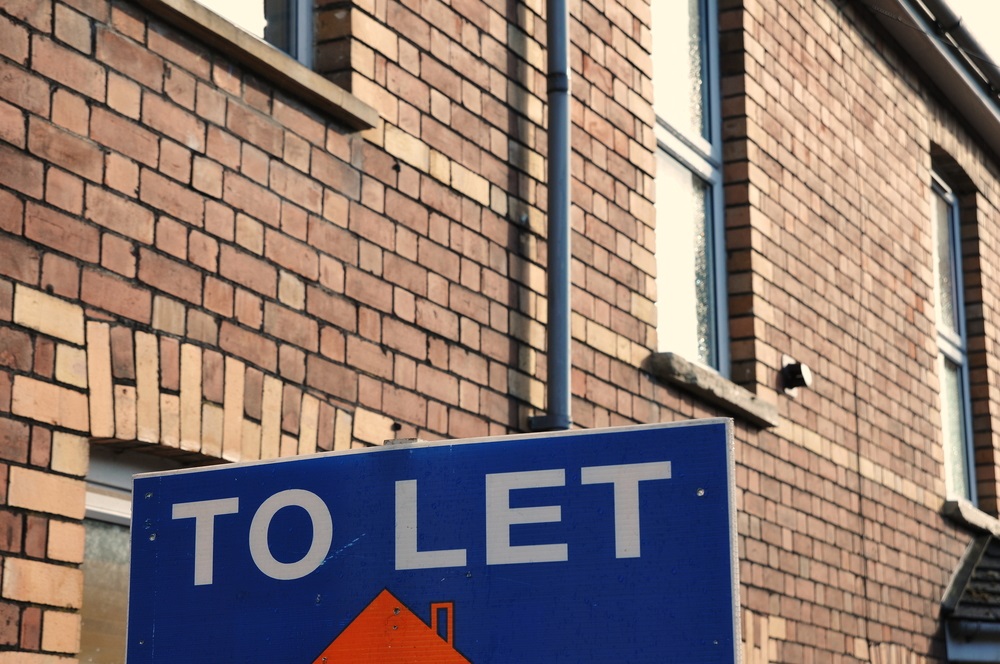The government’s reduction of buy-to-let tax relief is a major factor for half (50%) of landlords currently looking to sell, according to a new survey. Data from Reeds Rains and Your Move has revealed that one in ten (9%) landlords think that now is a good time to sell up, with the summer tax reform influencing […]
The government’s reduction of buy-to-let tax relief is a major factor for half (50%) of landlords currently looking to sell, according to a new survey.
Data from Reeds Rains and Your Move  has revealed that one in ten (9%) landlords think that now is a good time to sell up, with the summer tax reform influencing their decision more than any other.
has revealed that one in ten (9%) landlords think that now is a good time to sell up, with the summer tax reform influencing their decision more than any other.
Chancellor George Osborne announced plans to limit tax exemptions for landlords in the Summer Budget to the basic rate of tax, which is 20%.
Many buy-to-let investors now are now considering leaving the sector as they fear letting out a property will become far less profitable when the reforms come into force in April 2017.
More rigorous regulation has also dampened the enthusiasm of landlords, with two-fifths (44%) believing investing in buy-to-let property is now more complicated than it was six months ago.
As part of the Right to Rent requirements introduced during the Budget, landlords will have to check their tenants’ immigrations status before they let their properties or risk facing a £3,000 fine.
The survey revealed that a fifth of landlords (19%) are daunted by this task and feel unequipped to let out their houses without the support of letting agents to manage their investment.
Nearly a quarter of landlords (24%) believe the legislation on letting out properties has become more confusing.
Despite predicting growth in tenant demand, landlords expect rents to grow by just 1.4% over the next 12 months, far lower than the current 6.3% annual rate of increase.
The number of landlords planning to increase rents over the next 12 months has also fallen to 32%, down from 43% a year ago.
Adrian Gill, director of Your Move and Reeds Rains, said: “The government’s tax changes appear to be making investing in buy-to-let less attractive because of the seemingly smaller profits margins on offer in the future. If a tenth of landlords do decide to leave the industry, this would seriously shrink the number of properties available for tenants. At a time when tenant demand is only rising, shorter supply will only translate into increased rents. This may mean landlords are underestimating the likely pace of future rent rises.
“The government need to cut the red-tape involved in providing homes for renters if they hope to maintain a healthy supply of rental properties. With the Bank of England keeping a wary eye on the buy-to-let market, further regulatory interference may only make landlords’ and tenants’ lives harder. We need landlords to stay in the market and invest further in the sector, in order to match future demand.”















Clause 24 does not restrict tax exemptions to the basic rate, that’s the big lie told by Osbourne and Gaulke. What it DOES is to make unincorporated residential letting the only business activity primarily taxed on turnover i.e. the rent net of non finance expenses and then allows a credit of 20% of finance expenses against the tax bill. This can and will result in some landlords being taxed into a negative cashflow.